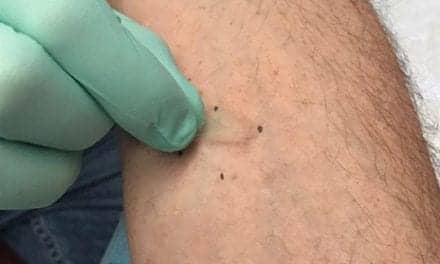
All of these are hot areas of scientific inquiry that can potentially affect everyone on Earth. All are extremely controversial.
What does plastic surgery have in common with these contentious scientific topics? In terms of the science itself, not all that much, with the possible exception of stem cells. But in many quarters, plastic surgery is also controversial.
You may not think that this is true. After all, you perform surgery and other aesthetic treatments almost every day, and no one wants to argue with you about it. But are they likely to? The people with whom you come into contact the most are your patients, your staff, your family, your friends, and other surgeons. None of them are going to give you grief about the practice of plastic surgery.
So where’s the controversy? I suspect that much of it originates from the “makeover” television programs that still seem to be in vogue. Not that that’s a bad thing—quite to the contrary. These shows have sparked a great deal of interest in plastic surgery, not to mention a considerable amount of additional business for the surgeons who appear on them and, collaterally, for many of their colleagues.
But, like anything that appears on television, not everyone is impressed. Typical complaints include:
“People who really don’t need it are having plastic surgery. Surgeons should know better than to operate on these patients.”
“Have you seen how young some of these plastic surgery patients are? Parents are sending the wrong message when they permit their kids to go under the knife for superficial aesthetic changes.”
“People should just grow old gracefully and stop trying to appear 20 years younger than they are.”
I’m sure you’ve heard all of this before. It’s one thing when you hear or read these criticisms in the media—you may be bothered by them, but you don’t really need to respond in any specific way. But what do you do when you are confronted directly by someone—say at a cocktail party—who tells you that aesthetic surgery is unnecessary, frivolous, or even demeaning?
You know the usual arguments: Plastic surgery is all about making patients feel better about themselves; plastic surgeons provide a service for those who wish to avail themselves of it, and no one else is forced to have it; and so forth. But what I’m interested in is how you react to those who are less than enthusiastic about what you do.
Do you welcome the criticism as a chance to trumpet the virtues of aesthetic surgery?
Do you deflect the criticism with humor or by changing the subject?
Or do you simply walk away?
You should certainly do what’s comfortable for you. But if you wish to be a spokesperson for your profession, this is the ideal opportunity. As someone who has worked in controversial fields in the past, I have usually found that once you explain your point of view to doubters or naysayers, you will be surprised about how many will at least consider the merit of your position, and some will change their minds entirely. Just as an expert witness in a trial can have a lot of influence over a jury because of his or her great knowledge of a subject, you know much more about plastic surgery than the general population and can act as an “ambassador” for the profession.
So if you’re given an opening, take it. You’ll be glad you did.



